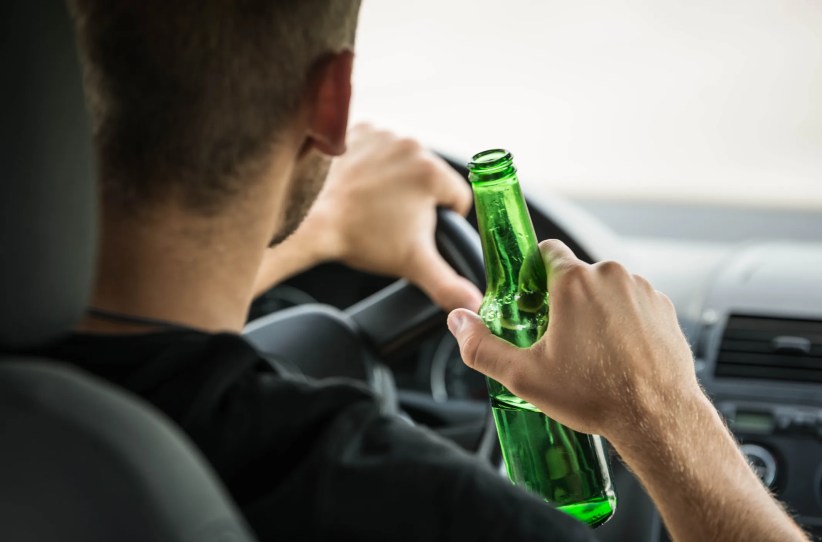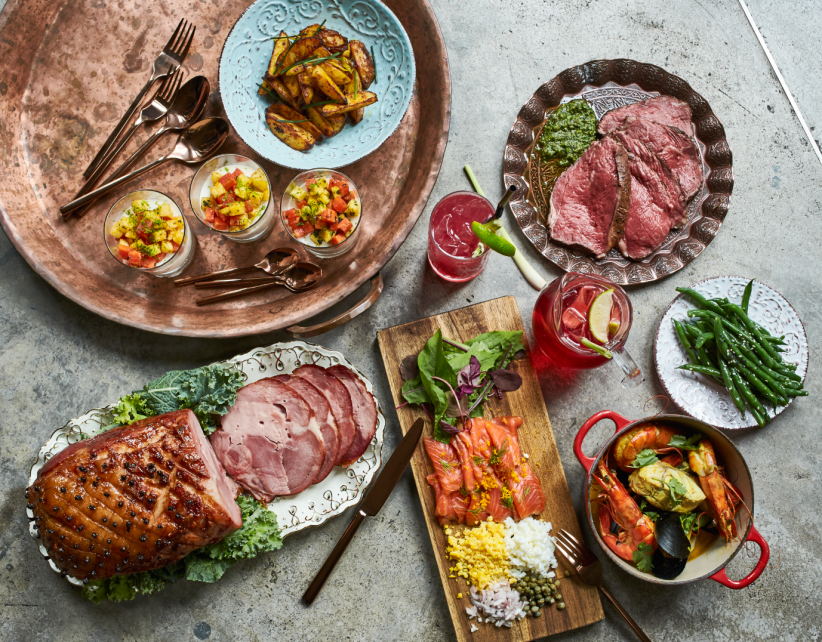
When it comes to food, there’s no limit to what pregnant and breastfeeding mothers have to consider. After all, anything you ingest has a chance—if not certainty—of affecting your baby. We spoke with a few experts to learn more about what you should and shouldn’t consume while pregnant and while breastfeeding.
Pregnancy
In pregnancy, everything you eat and drink—yes, everything—affects the fetus. “You want to make sure that you’re taking in an extra 300 calories a day and that you’re seeing your OB-GYN regularly for checkups and to monitor your weight gain,” says pediatrician, author, and mom-of-three Dr. Tanya Altmann.
Additionally, according to Altmann, avoiding certain foods will not decrease the chance that your child will develop food allergies. “In fact, we think that exposing your babies to all allergic-type foods through pregnancy and breastfeeding may even be beneficial and decrease the chance that your child will develop allergies later on in life,” she explains.
Of course, there are still plenty of foods that should be avoided: Alcohol is always a no—despite many protests of “one glass of wine a night”—and soft cheeses, mercury-heavy fish, and all things artificial (sweeteners and otherwise) are best left off the plate. “If there was ever a time to really be as conscious and as knowledgeable and as cautious as you could, it’s while you’re pregnant,” says breastfeeding expert and founder of My Baby Experts Shari Criso.
Breastfeeding
Breastfeeding is far less strict in terms of the mother’s diet. Altmann doesn’t advocate for mothers adjusting their diet, because “most babies will get used to whatever nutrition is in their breastmilk and whatever moms eat on a regular basis.” Plus, she adds: “You want to make sure that mom’s getting the nutrition; you don’t want her going on a totally restricted diet unless it’s really, really needed.” While mothers often worry about losing weight after giving birth, breastfeeding itself burns 500 calories daily: Undereating will make it harder to feed your baby and stay healthy!
Molly Petersen, a certified lactation consultant (CLC) at Lansinoh, adds: “There aren’t any specific foods that all moms should avoid, so go ahead and enjoy that sushi or medium rare steak that you’ve been missing while you were pregnant.” You also can occasionally enjoy a drink now and again, as long as you aren’t going to be pumping again for a few hours. But what foods might pose an issue?
Usually, according to Altmann, what causes gas in the mother may likely cause gas in the baby: Foods like broccoli, Brussels sprouts, cauliflower, and other cruciferous vegetables. All the same, it’s very much dose-dependent; if you don’t eat too much of a given gas-inducing food, it shouldn’t have much of an effect. Caffeine is similar: One cup of coffee should be just fine, and just be sure to monitor your baby’s reaction—if they’re fussy when you have caffeine, you may need to cut back.
“You could have a very imperfect diet and your baby’s still going to get everything the baby needs, it kind of takes from your body,” Crisco notes. As far as breastmilk supply goes, Petersen says that “the best way to maintain a healthy breastmilk supply is to feed your baby based on hunger cues. This way your baby is telling your body exactly how much milk they need to grow.”























